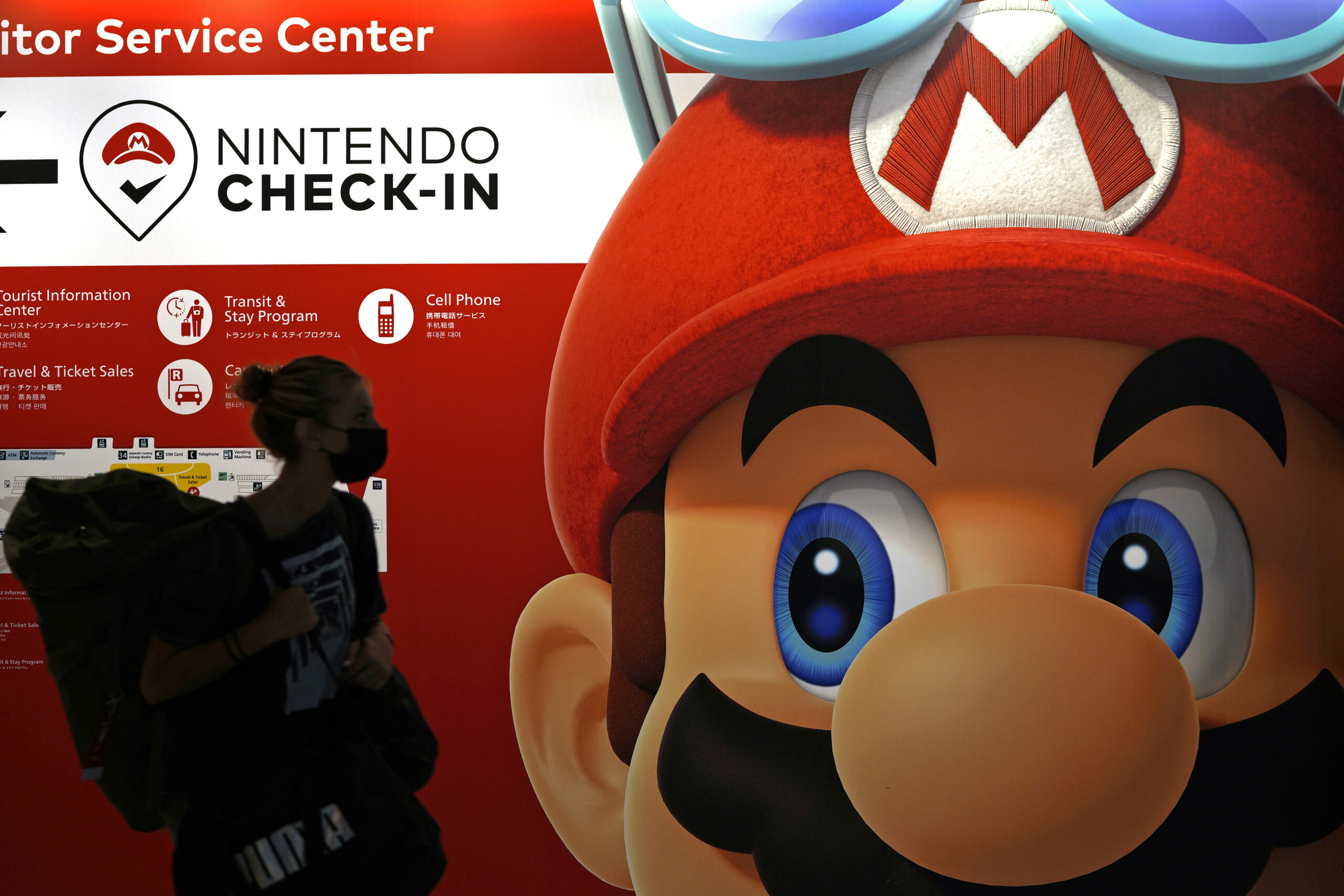Tokyo (AFP) – Nintendo reported on Thursday a 52 per cent jump in first-quarter net profits thanks to brisk sales of its latest Zelda game and the release of The Super Mario Bros Movie.
Recording net income of JPY181 billion (USD1.26 billion), the Japanese gaming giant left its net profit forecast for the full year to March 2024 unchanged at JPY340 billion.
The Legend of Zelda: Tears of the Kingdom had a “good start” after its release in May, recording sales of 18.51 million units, Nintendo said in a statement.
The title’s success not only led to a “significant increase” in software unit sales, but also drove hardware sales, Nintendo added.

The game featuring the exploits of Princess Zelda and the elf-like warrior Link has sold 125 million copies worldwide since its first edition in 1986.
The rapid sales of Zelda outstripped this year’s other blockbuster game release, Hogwarts Legacy, based on the Harry Potter series, which took two weeks to register 12 million sales.
The April release of The Super Mario Bros Movie – a joint project of Universal, Nintendo and Illumination studios – proved to be another bonanza for the Kyoto-based firm.
It was the year’s first film to pass the global USD1 billion mark at the box office.
The film reignited interest among customers in the gaming series and generated “widespread positive effects” on everything from merchandise to smartphone apps, Nintendo said.
Its premiere “positively impacted sales of Mario related titles, with Mario Kart 8 Deluxe recording sales of 1.67 million units (for cumulative sales of 55.46 million units)”, the company said.
Initially “it was said that the performance of the film would have nothing to do with Nintendo’s earnings, but it actually boosted sales of Switch consoles”, analyst at Toyo Securities Hideki Yasuda told AFP ahead of Thursday’s results.
All in all, hardware sales increased 13.9 per cent on-year to 3.91 million units, and software sales increased 26.1 per cent to 52.21 million units.
Nintendo’s April-June results were also buoyed by a weaker yen, which “inflated repatriated sales”, Yasuda said.






